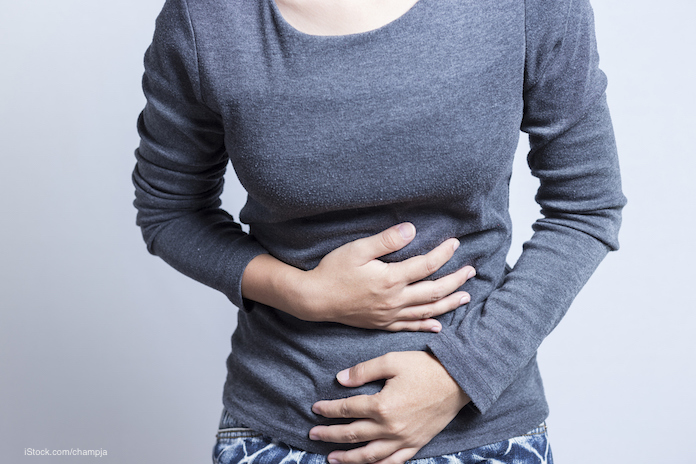A new study published in Science has found that recurrent Salmonella infections may cause inflammatory bowel disease and they may have found the mechanism. Researchers studying mice found that these infections progressively disable protection against intestinal inflammation.

Foodborne illnesses are a serious human health problem. Doctors are seeing increasing cases of colitis and inflammatory bowel disease. Scientists have long believed that environmental triggers of these conditions are possible.
For instance, bacterial infections are associated with seasonal increases in intestinal inflammation diagnoses; in other words, during the months that Salmonella infections are most common, more people are diagnosed with intestinal inflammation. The researchers think that common repeated infections may trigger chronic intestinal inflammation.
One of the issues with Salmonella infections is that many people don’t realize they have been infected in the first place. Some of these illnesses are quite mild and are often dismissed as the “stomach flu.” And some people do not have symptoms at all when they are in fact infected. That means that Salmonella infections, already underreported, may be much more common than we think.
This study was conducted at the UCSB’s Center for Nanomedicine and Sanford Burnham Prebys Medical Discovery Institute. Collaborators were from UC San Diego and Ludwig-Maximilian University of Munich.
The researchers looked at low-titer and nonlethal Salmonella infections as a mechanism for triggering human inflammatory syndromes. The bacteria they used was nontyphoidal Salmonella, which causes more than 1,000,000 cases of food poisoning every year in the United States. They developed a model of human food poisoning in mice. And they found that repeated exposure induced inflammation of intestinal tissues, especially the colon.
The mice cleared the pathogen several weeks after infection and reinfetiop, but the intestinal tissue damage and inflammation progressively increased in severity. And after the researchers stopped inducing infections, the damage did not subside.
The disease mechanism is an acquired deficiency of intestinal alkaline phosphatase, which detoxifies the lipopolysaccharide endotoxin produced by host microbiota. Cells in the small intestine did not produce enough of that enzyme.
The researchers also found that giving the mice calf intestinal alkaline phosphatase normalized the levels of the enzyme. The mice treated in this way did not develop intestinal inflammation, which may point to a treatment for humans.





Having worked in the poultry industry I’m all too familiar with Salmonella and Campylobacter! Even though I’ve left the meat industry, my gut still doesn’t feel “normal”. Thanks for the information.